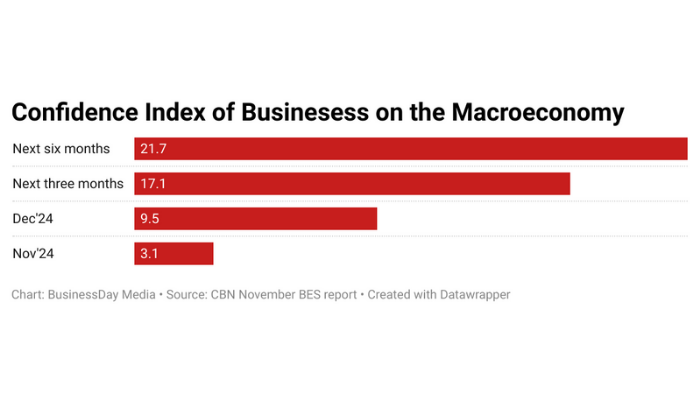from the by-‘efficiency’-we-mean-‘fraud,-waste,-and-cronyism’ dept
SpaceX’s Starlink service can be an absolute game changer for those completely out of range of broadband access. Getting several hundred megabits per second in the middle of nowhere is a decidedly good thing, assuming you can afford the $120 a monthly subscription, $375 (or more) hardware fee, and occasional $100 “congestion surcharges.”
But contrary to what many Republicans and c-tier comedians turned conspiracy podcasters imply, Starlink is not magic. And it comes with a growing list of caveats.
The technology has been criticized for harming astronomical research and the ozone layer. Starlink customer service is largely nonexistent. It’s too expensive for the folks most in need of reliable broadband access. The nature of satellite physics and capacity means slowdowns and annoying restrictions are inevitable, and making it scale to meet real-world demand is many years away.
The first Trump FCC tried to give Musk nearly a billion dollars to deliver expensive Starlink access to some traffic medians and airport parking lots. The Biden FCC clawed back those subsidies, (correctly) worrying that the service couldn’t deliver consistent speeds, arguing (also correctly) that if we’re going to spend taxpayer money on broadband, affordable fiber (and fixed wireless and 5G) should be prioritized.
Elon Musk (who purportedly hates subsidies… while routinely gobbling them up) and Republicans threw a giant, protracted hissy fit, falsely claiming that the Biden administration was unfairly targeting Musk for retribution. They held a bunch of show hearings and seeded right wing media with bottomless whining about how a billionaire didn’t get showered with billions in taxpayer subsidies. You know, populism (?).
You’ll Never Guess What Happens Next
Trump’s new FCC boss Brendan Carr (R, AT&T) has acknowledged that it’s probably too late to restore Musk’s $886 million in original subsidies. But there are $42.5 billion in infrastructure bill subsidies headed to the states, and Republicans (who voted against this bill and yet repeatedly take credit for its myriad looming benefits) will make every effort possible to redirect as much of that money to their BFFs.
This Broadband Equity Access And Deployment (BEAD) money is managed by the NTIA and the states, in part because the first Trump FCC (under Brendan Carr’s watch) was so incompetent in managing broadband subsidy programs, the Biden administration didn’t trust the FCC to manage this new program.
Ideally, you’d want a lot of this $42.5 billion in state funding going to open access fiber networks: which help drive not only affordable, high capacity fiber into a region, but help cultivate competition by letting numerous ISPs compete in layers (I wrote a Techdirt/Copia report on this very subject). From there, you probably want to fund fixed wireless and 5G connections. Then fill in the rest with Starlink.
That’s the sensible way to shore up U.S. broadband.
But Republicans really don’t like that a lot of this money is going to popular community broadband options they traditionally despise because they disrupt AT&T and Comcast’s comfy telecom monopoly. Stuff like municipal fiber builds, cooperatives, or city-owned utilities, which increasingly provide better, faster, cheaper broadband access than telecom monopolies or Starlink could ever manage.
So Republicans will be taking every opportunity to redirect these funds away from community broadband and toward whoever does the best job kissing Trump ass. That’s going to be AT&T, Comcast, Charter, Verizon… and Elon Musk. States like Maine and New Mexico have already gotten an early start in redirecting money to Elon Musk’s Starlink and declaring the rural broadband problem solved.
But again, Elon Musk’s satellite broadband network can’t scale to actually meet demand. For several years, telecom analysts have been warning that even with Starlink’s full eventual launch of 42,000 LEO satellites, there’s simply not enough capacity to truly scale. And even reaching that launch target comes with a lot of logistical hurdles analysts aren’t certain can be met.
You’re already seeing network slowdowns, and Starlink has had to start imposing $100 “congestion charges” to help mitigate demand. As the network gets increasingly saddled by Musk’s rush to expand the network’s global clientele (including major militaries and in-flight Wi-Fi deals with major airlines), that congestion is going to get worse — as will the network management tricks Starlink uses to address it.
That means slowdowns, throttled video, throttled big file downloads, and other limitations you’re simply not going to see on fiber or even 5G wireless solutions. At ever higher prices to boot.
So again, if you’re going to spend taxpayer money on broadband, you want to prioritize solutions that drive affordable, reliable, high capacity access that doesn’t harm the environment. You want to spend taxpayer money on broadband solutions that can scale quickly. You want to probably spend taxpayer money on services not overseen by erratic, conspiratorial bigots with a long history of vaporware.
Republicans aren’t thinking about any of this because it’s all about the grift. So in a long list of states, you’re going to see billions of dollars that might have otherwise had a huge impact on broadband connectivity redirected to less sensible options. And historically, Trump’s FCC (including Brendan Carr), have done a piss poor job on ensuring broadband subsidies are spent sensibly, or at all.
So expect an otherwise promising broadband subsidy program that Republicans voted against to get heavily mangled by grift and cronyism, with lot of money spent on less efficient and badly regulated pet projects, all while Musk himself prattles on about his purported adoration of government efficiency and broad disdain for taxpayer subsidization.
Filed Under: broadband, elon musk, high speed internet, satellite, telecom, wireless
Companies: spacex, starlink









Leave a Comment